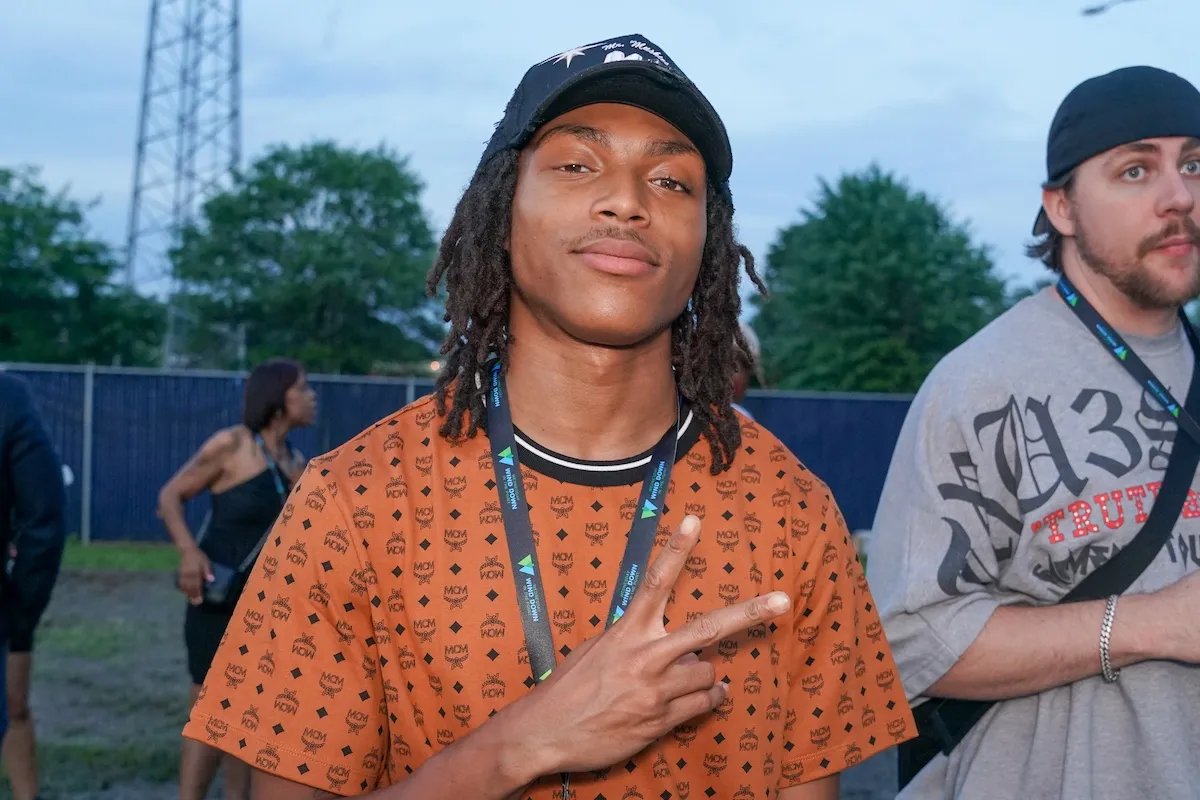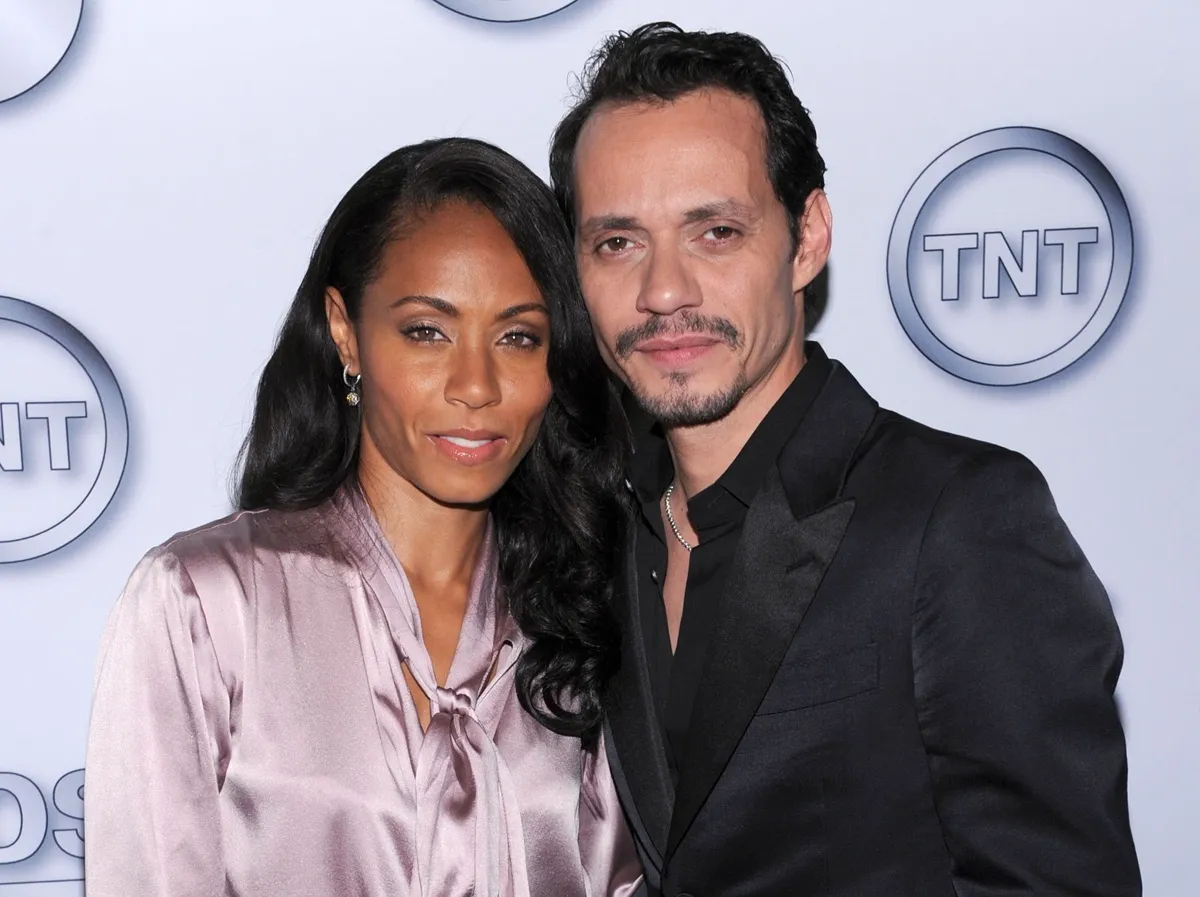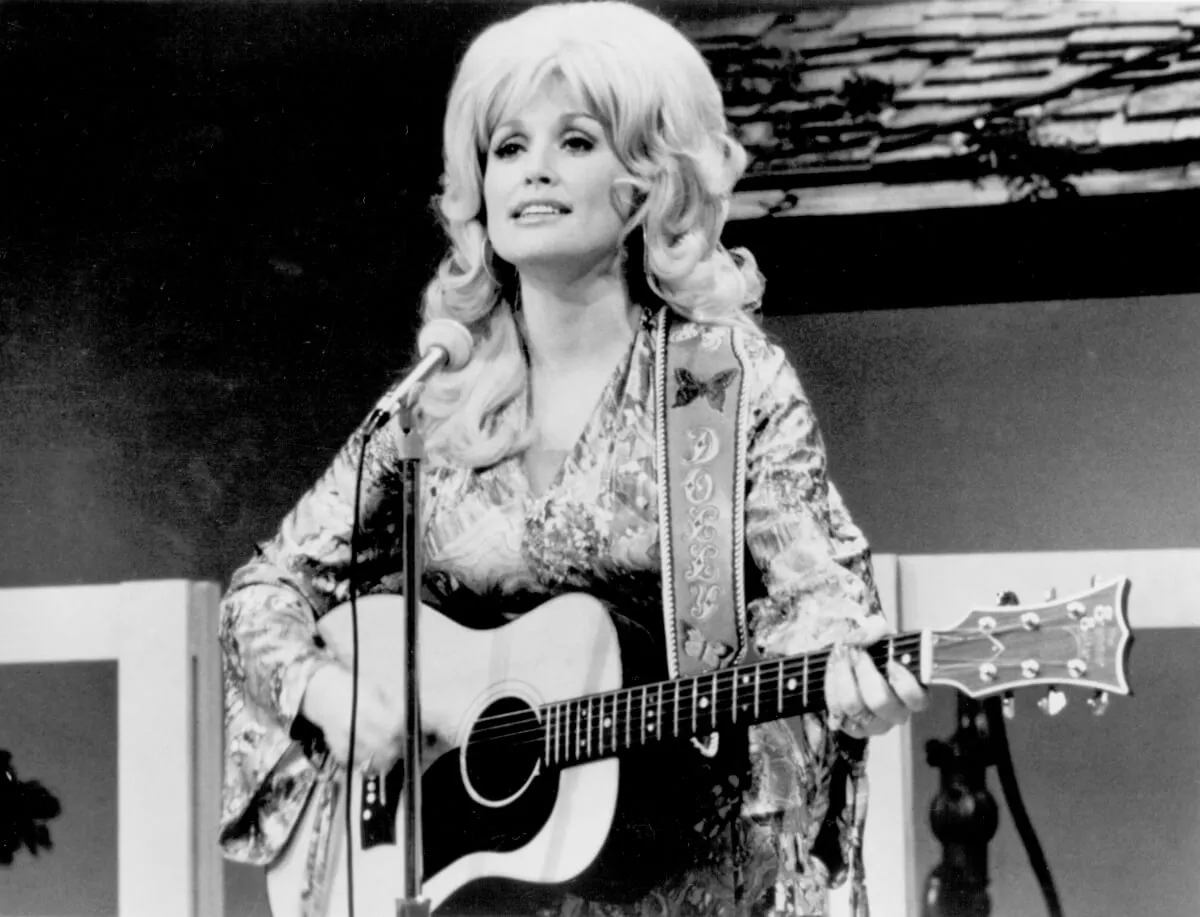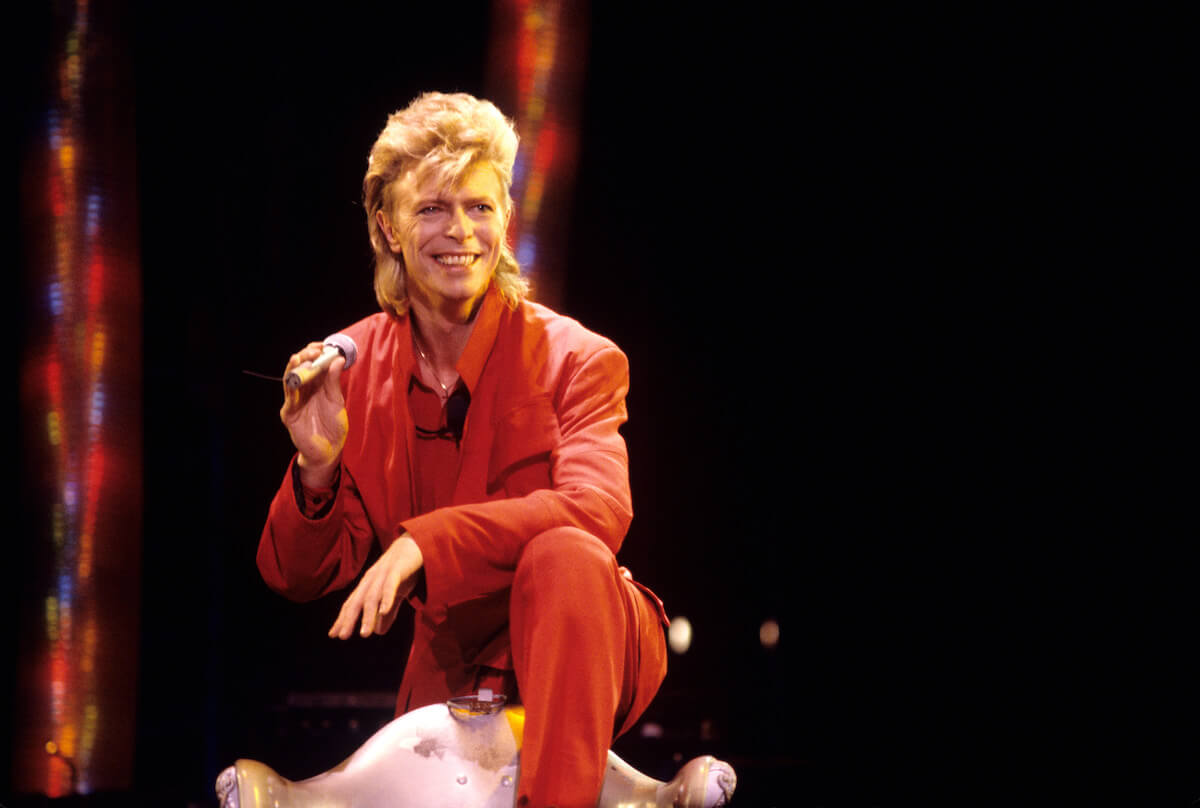
Here’s Why David Bowie Didn’t Consider Himself an ‘Idol’
It’s not unheard of for people to refer to David Bowie — one of the most influential music artists of the 20th century — as an idol. Best known for his theatrics and flashy style, Bowie possessed an incomparable stage presence. However, in a resurfaced 1990 interview, the classic rock icon denied being an idol, calling the concept outdated.
David Bowie believed fans viewed him as an old friend, not an idol
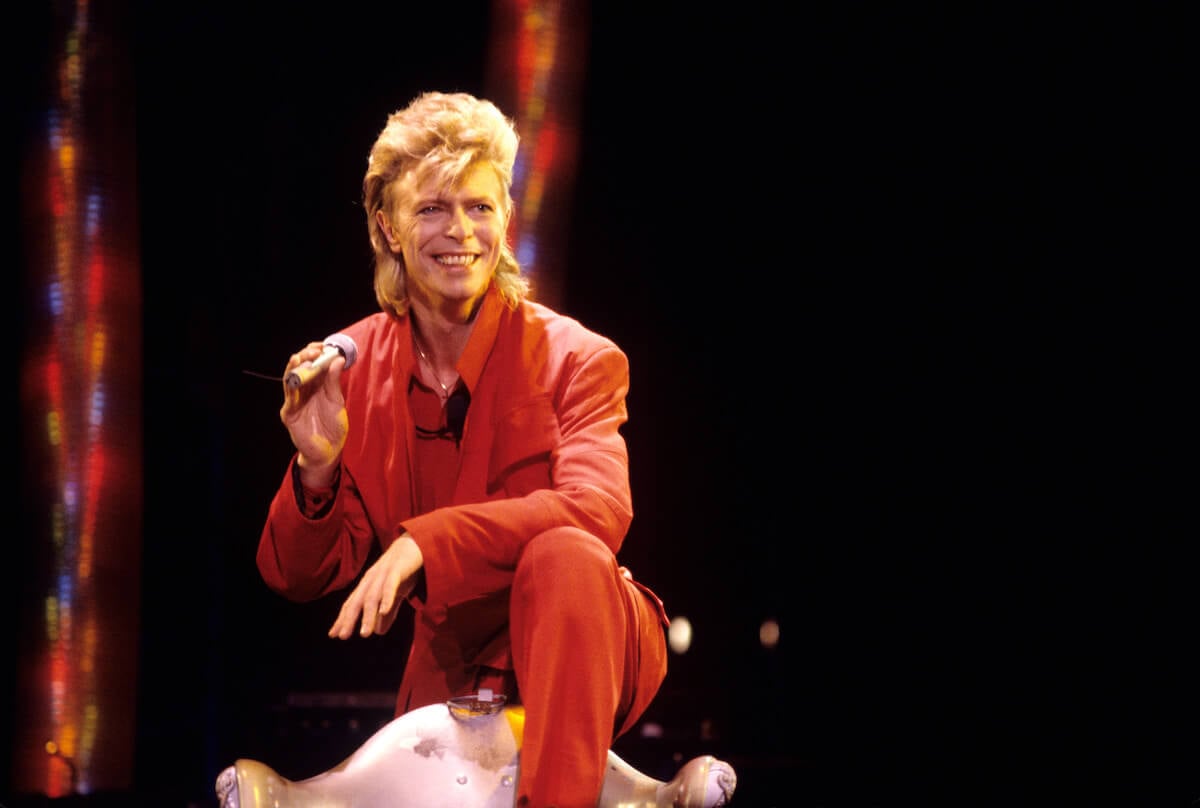
An old interview with Bowie recently resurfaced on TikTok, revealing the musician didn’t believe his fans viewed him as an idol. During the conversation, the interviewer asked if he was conscious of the “enormous power” he had as an idol and said, “When you tell them to dance, they dance.”
Bowie denied the claim, insisting he didn’t have power over anyone because everyone has willpower.
The interviewer pushed her idea and asked the singer if he felt pressured by the fact that people “do the same things as you do.”
Bowie laughed and called the question “strange” but elaborated on how he felt when fans called him an “idol.”
“I think I’m seen as a more-than-competent songwriter who’s a good performer. I think ‘idol’ is rather, kind of a ’50s concept. I don’t really think it applies to people like me … I think we’re often regarded as old friends by people who have been listening to our work for some time.”
David Bowie called Scott Walker his idol
Despite failing to see himself as an idol, Bowie had referred to the American-British singer-songwriter Scott Walker as his “idol since [he] was a kid.” According to Far Out, Bowie stumbled upon Walker’s music through an ex-girlfriend.
“In the mid-1960s, I was having an on-again, off-again thing with a wonderful singer-songwriter who had previously been the girlfriend of Scott Walker,” Bowie explained. “Much to my chagrin, Walker’s music played in her apartment night and day. I sadly lost contact with her but unexpectedly kept a fond and hugely admiring love for Walker’s work.”
In 1997, Walker, among other celebrities, surprised Bowie with a pre-recorded birthday message. The “Ziggy Stardust” singer choked up when he heard Walker’s voice during a radio interview.
“I’m gonna be a devil today and not ask you any questions,” Walker said. “I’m certain that among the many messages, there will be loads about how you always embrace the new and freed so many artists … Like everyone else, I’d like to thank you for all the years and especially for your generosity of spirit when it comes to other artists. I’ve been a beneficiary on more than one occasion … So have a wonderful birthday. And by the way, mine’s the day after yours, so I’ll have a drink to you on the other side of midnight.”
Bowie responded by asking for a copy of the message to take home.
The ‘Starman’ singer made a massive impact on pop culture
Unlike any other music artist, David Bowie was, above all, a performer. He performed as himself and as a handful of characters using distinct costumes and diverse personas. In addition to paving the way for rock theater, Bowie unapologetically broke social norms.
He also presented himself as gender-fluid. Doing so at a time when homosexuality was still illegal in most places was gutsy. Bowie often wore dresses on stage, flirted with men, and even claimed he was gay.
Those bold moves helped create a more progressive and accepting society. At the very least, that makes him deserving of the “idol” title.
